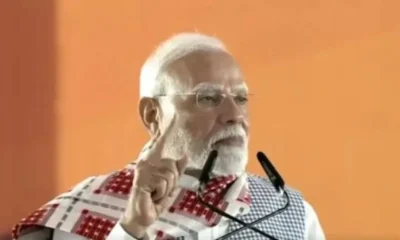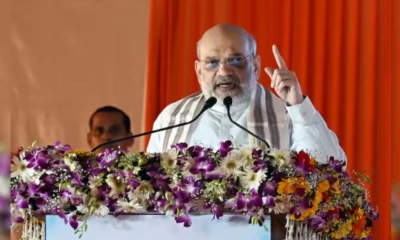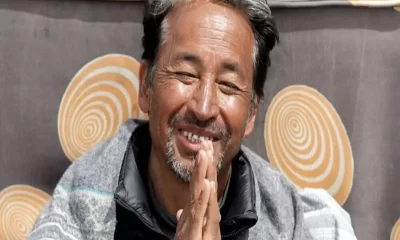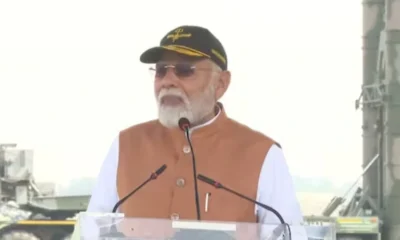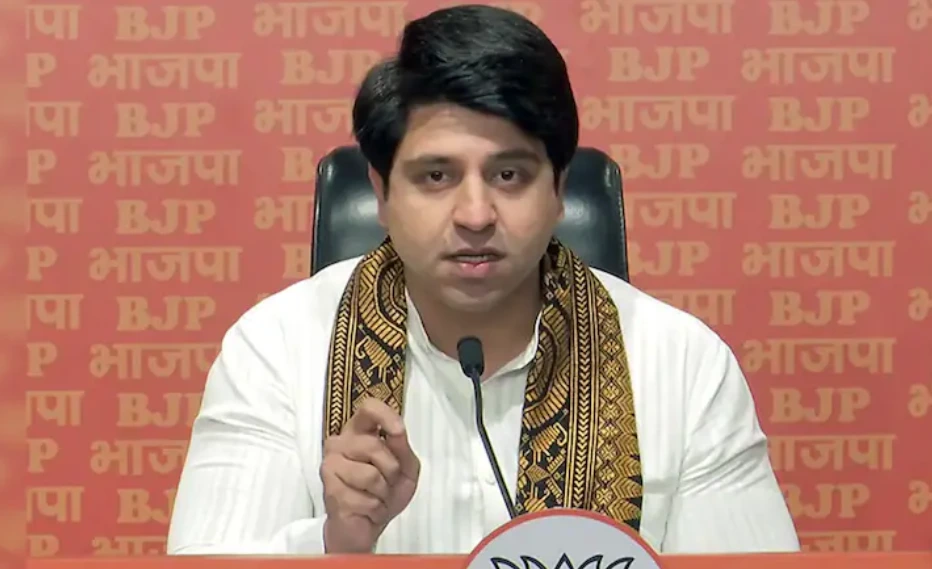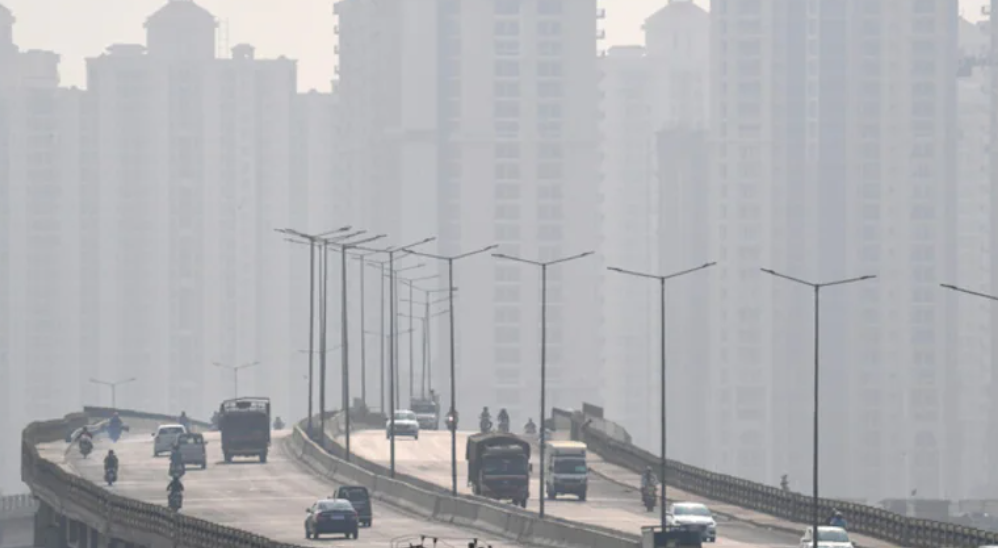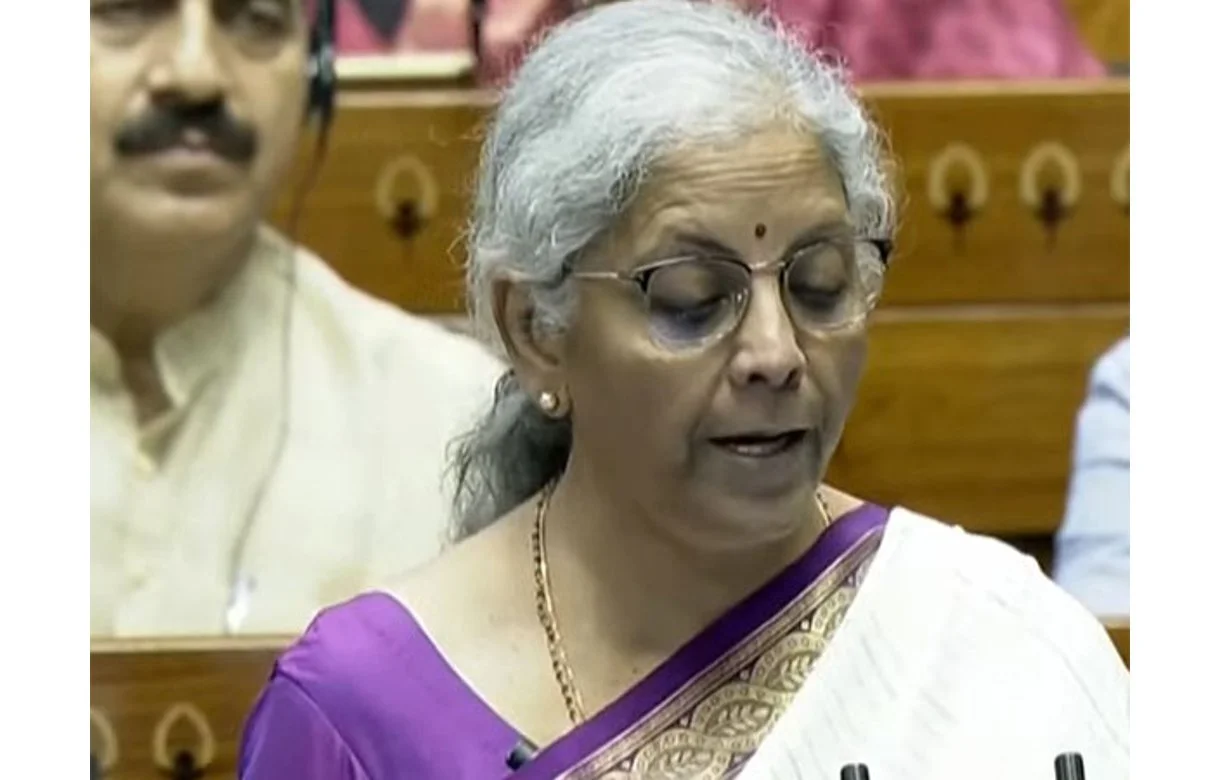India News
Due to gradual increase in availability of vaccines, all adults can be vaccinated by December-end: NK Arora
The target is to set 75 to 100 thousand government immunization centres across the country but states are currently running short of vaccines and need to step up as the supply increases, he said.
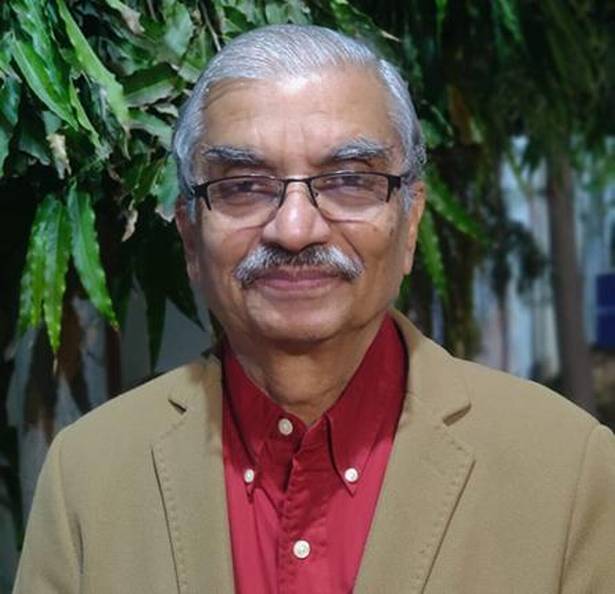
India News
BJP spokesperson Shehzad Poonawalla’s mother injured in hit-and-run incident in Pune
BJP spokesperson Shehzad Poonawalla has alleged that his mother was deliberately hit by a car in Pune and left critically injured. She is scheduled to undergo surgery.
India News
Three sisters die after jumping from ninth floor in Ghaziabad
Three minor sisters died after jumping from the ninth floor of their Ghaziabad apartment, allegedly following a dispute over online gaming, police said.
India News
US tariff cut to 18% is positive signal for Indian exporters, says Sitharaman
Nirmala Sitharaman says India’s exports could recover after the US reduced tariffs on Indian goods to 18%, restoring competitiveness in key sectors.
-

 India News21 hours ago
India News21 hours agoRahul Gandhi, Centre clash over Ladakh deepens as eight Congress MPs suspended
-

 India News21 hours ago
India News21 hours agoMamata Banerjee alleges mass voter deletions in Bengal, targets Election Commission
-

 India News5 hours ago
India News5 hours agoThree sisters die after jumping from ninth floor in Ghaziabad
-
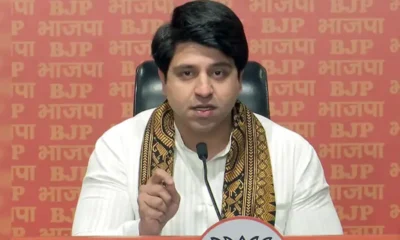
 India News5 hours ago
India News5 hours agoBJP spokesperson Shehzad Poonawalla’s mother injured in hit-and-run incident in Pune
-

 India News5 hours ago
India News5 hours agoUS tariff cut to 18% is positive signal for Indian exporters, says Sitharaman
-

 Latest world news5 hours ago
Latest world news5 hours agoMoscow says no word from India on stopping Russian oil purchases
-
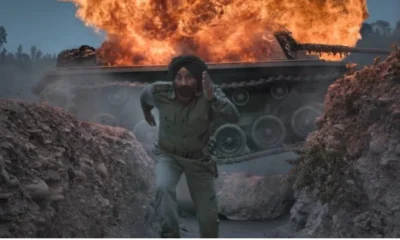
 Entertainment1 hour ago
Entertainment1 hour agoBorder 2 box office collection day 12 crosses Rs 286 crore, eyes Rs 300 crore milestone

